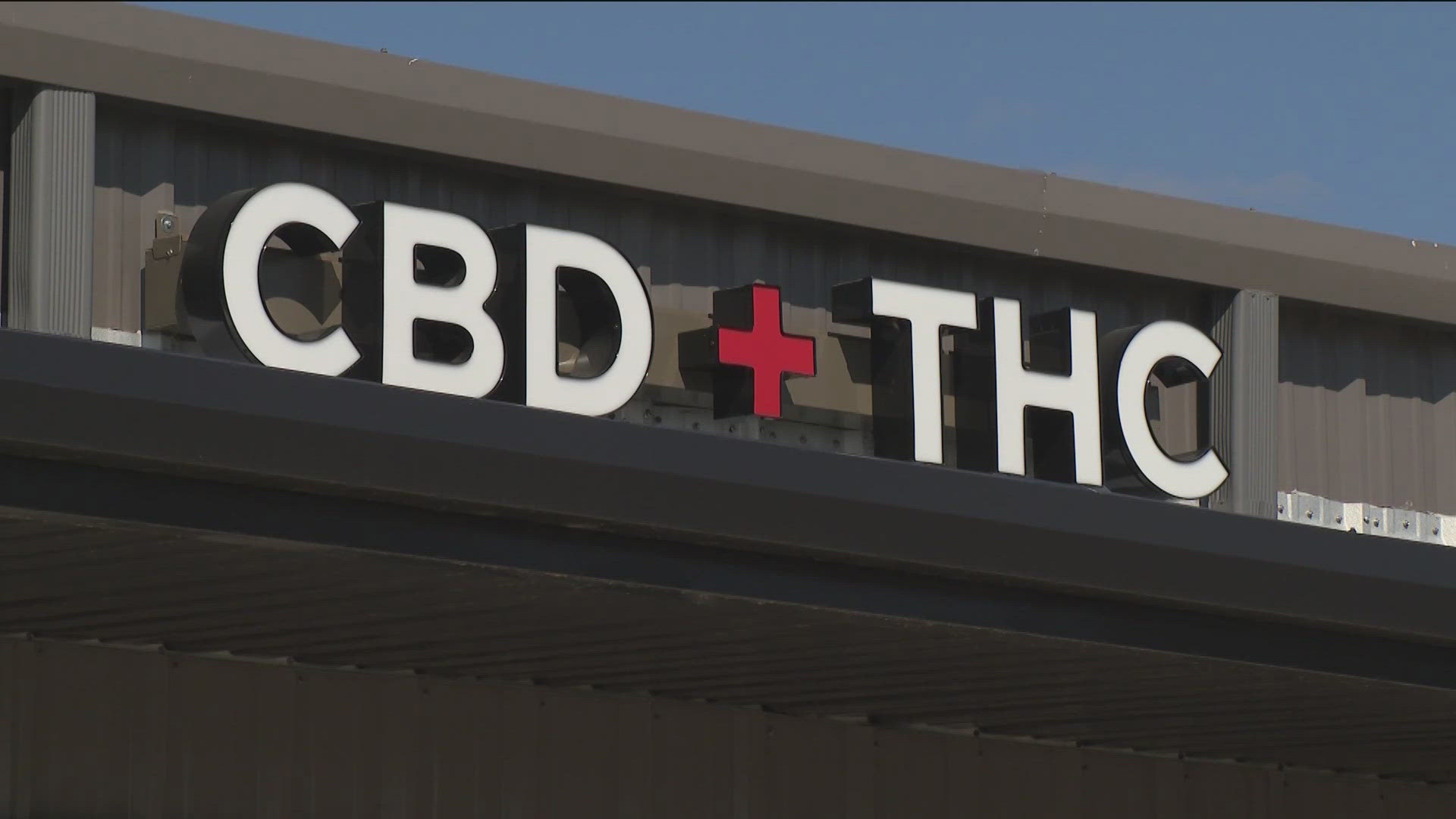
The recent federal ban on THC-containing hemp products has sent shockwaves through Austin’s rapidly growing hemp retail sector, leaving business owners scrambling to understand the new rules and brace for potential financial fallout. For years, Austin has been a hub for hemp innovation, with retailers offering products ranging from CBD oils to delta-8 edibles—goods that helped fuel a booming local industry now at risk of rapid decline.
Under the new federal guidelines, all products containing any detectable level of THC—regardless of how minimal—are now considered illegal. This sudden shift has left hemp retailers blindsided, as many built their businesses around delta-8 and similar THC-adjacent compounds that had existed in a legal gray area. While lawmakers argue that the ban aims to close loopholes and create a more consistent national framework, Austin retailers warn that its consequences could be devastating.
Store owners across the city say they are already preparing for significant revenue losses, with some estimating that up to 70% of their current inventory may need to be removed from shelves. Many businesses relied heavily on delta-8 products, which became popular among consumers seeking a milder, legal alternative to traditional cannabis. Now, with these items banned overnight, retailers are unsure what products they can safely sell moving forward.
Local hemp shop operators express frustration not only with the restrictions themselves but also with the lack of clarity provided by federal agencies. Several say they received conflicting information about enforcement timelines, testing standards, and product thresholds, creating widespread confusion. Some retailers worry they may face penalties simply for possessing stock purchased legally just weeks before the ban.
Beyond the immediate financial strain, Austin’s hemp community fears long-term repercussions. Many small businesses—already operating with tight margins—now face the possibility of layoffs or closures. The industry previously supported hundreds of jobs across the supply chain, from product manufacturing and distribution to retail and marketing. The ban threatens to unravel years of economic progress and entrepreneurship.
Consumer behavior is also expected to shift dramatically. Without legal access to delta-8 products, some customers may turn to unregulated underground markets, raising concerns about product safety and quality. Retailers emphasize that prohibition rarely eliminates demand; it only pushes it into riskier, less controlled environments.
As federal regulators move forward with enforcement, advocates are calling for clearer guidelines and a more nuanced approach—one that preserves consumer safety without crushing small businesses. Some Austin retailers have already begun exploring THC-free alternatives, expanding their CBD lines, or pivoting toward wellness products that comply with the new rules. However, many admit the long-term viability of their businesses remains uncertain.
In a city known for innovation and entrepreneurship, the federal THC ban represents a major turning point. Austin hemp retailers now face the challenge of adapting quickly—or risking being left behind in a rapidly changing regulatory landscape.
Watch video below :












